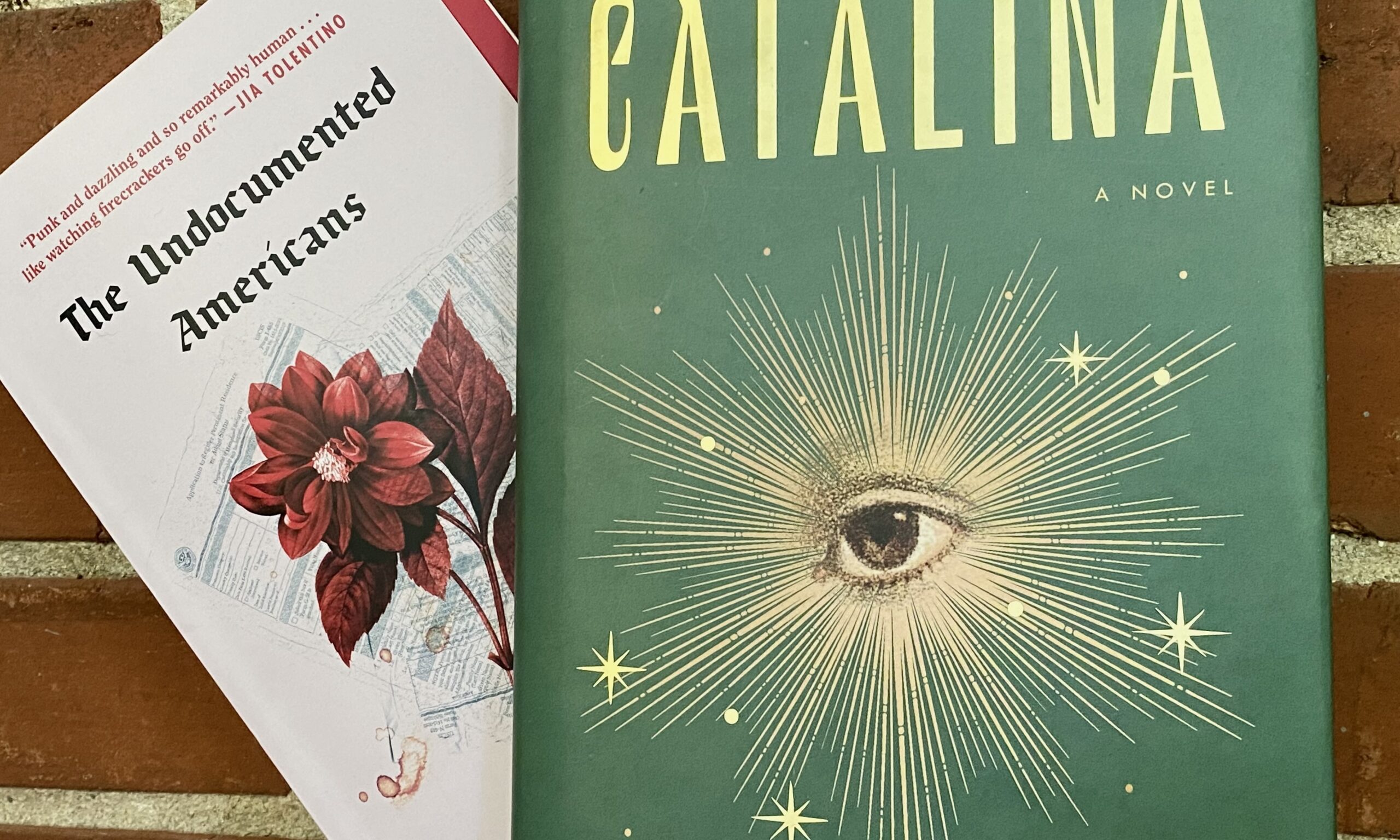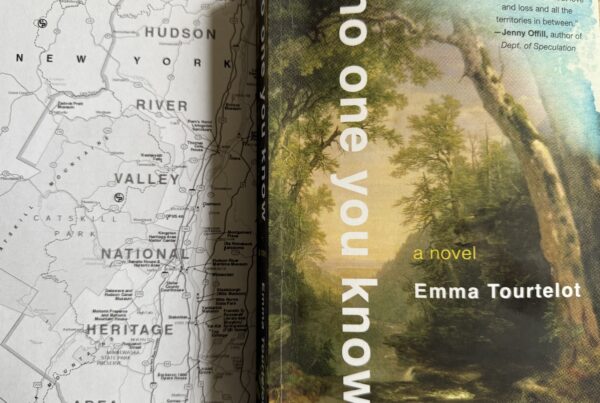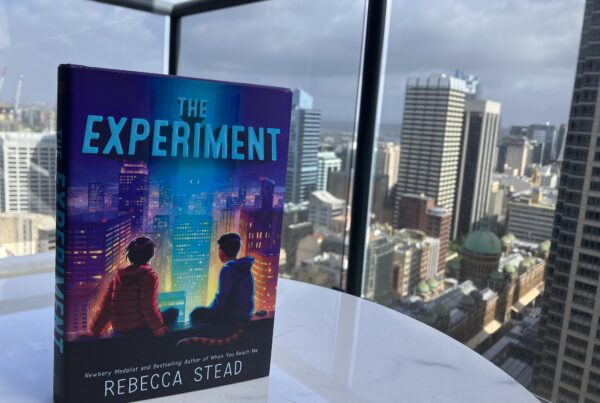When Trump won the presidency, friends of writer Karla Cornejo Villavicencio offered to spirit the undocumented soon-to-be Harvard grad away to their second homes for safekeeping. Instead, Villavicencio launched herself into a bigger and brighter spot on the literary scene, with both non-fiction and fictional efforts well worth the read.
Villavicencio’s first book, The Undocumented Americans, came out in the spring of 2020, when even the most privileged among us were learning to fear for our health and safety in the outside world. In this non-fiction effort, the author spends time with day laborers in Staten Island, families in Flint, Michigan, and her own undocumented parents. She resolutely avoids telling inspirational tales of “Dreamers,” stories she feels “occupy outsized attention in our politics.” Villavicencio knows that with her impressive journalistic chops, fluency in Spanish, and undocumented status, she is well situated to tell real stories about the people living in the shadows of our consciousness, the people most Americans reduce to their legal standing.
Nonetheless, agents and editors intrigued by Villavicencio’s undocumented-to-Harvard success story still hoped for a memoir. Villavicencio wisely realized that a thinly-disguised fictional account of those years could tell a more emotional truth. Her debut novel, the eponymously named Catalina, concerns a spirited Harvard senior hiding her immigration status in plain sight as she finishes her senior year with no ability to forge a career beyond the Cambridge campus. Catalina takes classes on Latin America to learn something about her native Ecuador, but a simple question from a fellow student like, “Why do you never visit?” feels like a trap.
In this darkly funny, captivating book, we meet a woman who, like many a campus heroine before her, possesses a brain rife with intellectual obsessions, conflicting desires, and family dysfunction, all set to a pop culture soundtrack. Catalina is music-obsessed, gobbling the angsty white boy sound of Nirvana and Lou Reed as if it’s comfort food. Powerful white men loom large in her story, often a disappointment but seldom a threat. Some are even defanged by the author’s razor-sharp imagination. Getting ready for a date to a themed private party with a rich boy she’s thinking of sleeping with, Catalina imagines an army of tiny Henry Kissingers helping her get dressed, like the animated birds and squirrels that turn Sleeping Beauty into a princess. When Catalina and her prince finally arrive at the party, she’s dressed as the belle of a very dour ball, noting drolly: “It was my first time seeing white people dance outside of television and for what it’s worth, I thought it was very brave.”
Villavicencio’s writing crackles with wit and vitality, delving deeply into college-life preoccupations. This is, in many ways, a classic campus coming-of-age story, and we watch Catalina flail in ways similar to young women without her legal and financial difficulties. After all, adulting is hard, and being a beautiful, brilliant young woman who needs others to further her ambition should come with a warning label in any culture. Yet amidst the typical graduation year quandaries, Villavicencio never strays far from the reality that Catalina’s future is shrouded in more questions than answers, with very little under her control.
Catalina does a classic senior year spiral, ignoring her thesis and dismissing the assistance of well-meaning friends. As the end of term grows ever closer and her prospects dwindle, a family crisis blots out all thoughts of last-minute senior year frivolity. With equal doses of frustration, humor, and hope, Catalina contemplates her self-satisfied peers, who are tossing frisbees and buying dime bags on the quad, unaware of their contribution to the ecosystem that keeps families like hers in peril. “Did my classmates ever think of us? I wanted to reach my hands into their brains through their ears and scratch in new grooves with my acrylic nails, and then they would care. It was an untapped neural pathway; it just needed a little prodding along.”
Catalina ends on a hopeful note for the main character, which is somewhat unsurprising given her resources. Yet, in telling this specific story, replete with relatable challenges, the author forces us to think about all the Catalinas in our midst who are trying desperately to stay afloat, stay hidden in plain sight, and stay American as if their lives depended on it because, all too often, it does.




